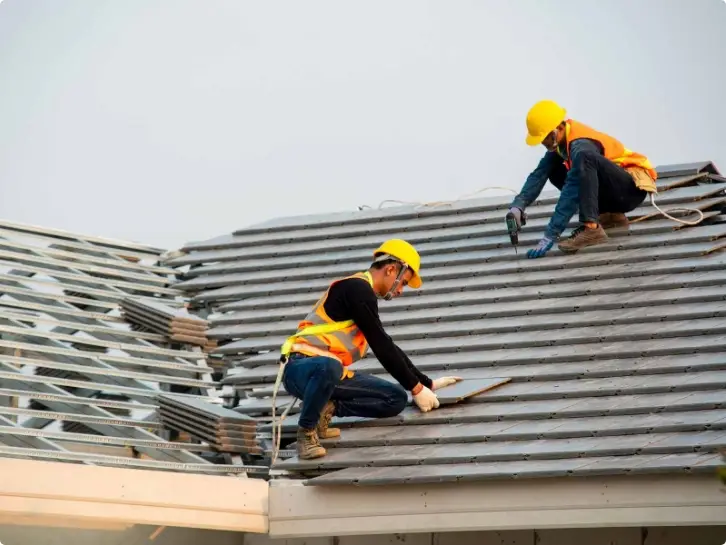Industrial roofs face unique challenges due to their size, complexity, and the harsh conditions they often endure. Regular inspections are crucial for maintaining the integrity of these roofs and preventing costly repairs. This guide explores how industrial roof inspections can help you avoid expensive repairs and ensure the longevity of your roof.
1. Early Detection of Issues
One of the primary benefits of industrial roof inspections is the early detection of potential problems. Identifying issues before they escalate can prevent minor problems from turning into major, costly repairs.
Common Issues Detected Early:
- Leaks: Small leaks can lead to significant water damage if not addressed promptly.
- Cracks and Blisters: These can compromise the roof’s integrity and lead to further damage.
- Punctures and Tears: Early detection allows for quick repairs, preventing more extensive damage.
2. Extended Roof Lifespan
Regular inspections contribute to the overall longevity of your industrial roof. By addressing issues promptly and performing routine maintenance, you can extend the lifespan of your roof and delay the need for a costly replacement.
Benefits of Extended Roof Lifespan:
- Cost Savings: Avoiding premature replacements can lead to significant cost savings.
- Improved Performance: A well-maintained roof performs better, providing better protection for your building.
- Increased Property Value: A longer-lasting roof can enhance the value of your property.
3. Preventing Major Damage
Inspections help identify and address small issues before they escalate into major damage. Preventing significant damage can save you from expensive repairs and potential disruptions to your business operations.
Examples of Major Damage Prevented:
- Structural Damage: Early repairs can prevent damage to the underlying structure of the roof.
- Water Damage: Addressing leaks and drainage issues can prevent water damage to the building’s interior.
- Energy Loss: Fixing insulation issues can prevent energy loss and reduce utility costs.

4. Compliance with Safety Regulations
Industrial roofs must comply with various safety regulations and codes. Regular inspections ensure that your roof meets these requirements and helps avoid potential fines or legal issues.
Regulatory Compliance Includes:
- Structural Integrity: Ensuring the roof can safely support loads and withstand environmental stresses.
- Safety Features: Verifying that safety features, such as guardrails or fall protection systems, are in place and functional.
- Documentation: Keeping records of inspections and maintenance to demonstrate compliance.
5. Enhanced Energy Efficiency
A well-maintained roof contributes to better energy efficiency by ensuring proper insulation and ventilation. Inspections can identify areas where energy efficiency can be improved, leading to lower utility costs.
Energy Efficiency Benefits:
- Improved Insulation: Addressing insulation issues can reduce heating and cooling costs.
- Better Ventilation: Ensuring proper ventilation helps maintain consistent indoor temperatures.
- Reduced Energy Loss: Fixing leaks and gaps prevents energy loss and lowers utility bills.
6. Documentation and Record Keeping
Keeping detailed records of roof inspections and maintenance is essential for tracking the condition of your roof and planning future repairs or replacements.
Benefits of Documentation:
- Historical Data: Provides a record of the roof’s condition and repairs over time.
- Maintenance Planning: Helps schedule future inspections and maintenance activities.
- Warranty Claims: Documentation can be useful for warranty claims and ensuring coverage.
Regular industrial roof inspections are crucial for preventing expensive repairs and ensuring the longevity of your roof. By detecting issues early, extending roof lifespan, preventing major damage, complying with safety regulations, enhancing roof inspection energy efficiency, and maintaining detailed documentation, you can save on repair costs and maintain the integrity of your roof.
